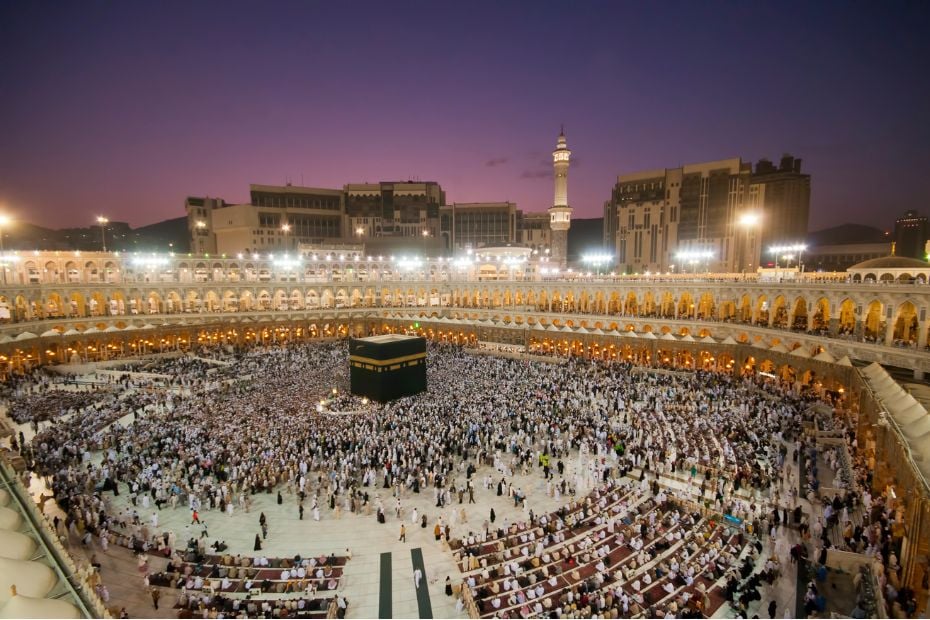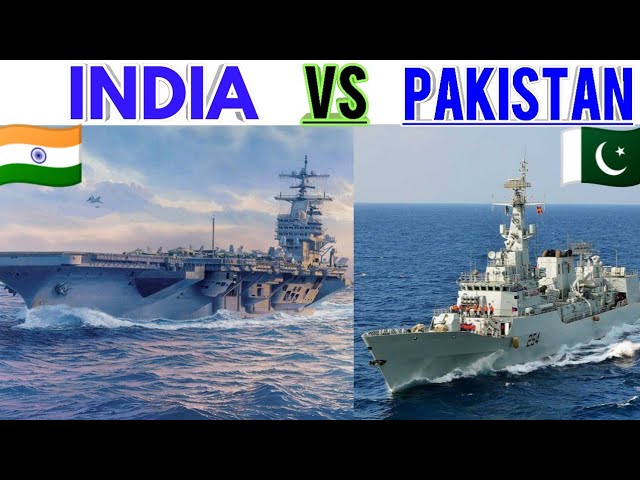Yes, Labour Day is a public holiday in Pakistan. Observed annually on May 1st, this day is dedicated to honoring the contributions of workers and recognizing their rights and struggles. As a national public holiday, schools, businesses, factories, and government offices remain closed to allow workers to participate in events or enjoy a day of rest.
Summary
Labour Day in Pakistan, celebrated on May 1st, is a public holiday that underscores the importance of labor rights and the contributions of the working class. Events like parades, rallies, seminars, and protests are organized by labor unions across the country. The day also provides a platform to address ongoing concerns about workers’ rights, wages, and conditions, especially in the context of a developing country like Pakistan. Despite being part of the International Labour Organization (ILO) since 1947 and having established legal frameworks to protect labor rights, many Pakistani workers still face challenges like low wages, job insecurity, and lack of social protection.
What Do People Do on Labour Day?
Labour Day in Pakistan is marked by solidarity, activism, and reflection. Here’s how it is typically observed:
1. Rallies and Processions
Labor unions across Pakistan organize massive rallies and processions in major cities like Lahore, Karachi, Islamabad, and Peshawar. Workers march on the streets, often carrying placards, banners, and flags highlighting their demands for better working conditions, job security, and fair wages.
2. Speeches and Seminars
Seminars and public talks are organized by unions, human rights groups, and educational institutions. These events often include historical discussions about the global and national labor movement, the progress made, and the challenges that remain.
3. Media Coverage
Media outlets—television, newspapers, and online platforms—feature special reports, opinion pieces, and documentaries that highlight the plight of workers, both organized and informal.
4. Protests
In some cases, Labour Day becomes a focal point for street protests and sit-ins, especially in areas where labor exploitation is rampant. Protesters raise slogans against forced labor, child labor, workplace harassment, and unsafe conditions.
5. Cultural Programs
Some communities and trade unions also organize theatrical performances, poetry readings, and musical events themed around the dignity of labor.
Public Life on Labour Day
Labour Day significantly affects public life in Pakistan. Here’s what you can expect:
1. Public and Private Closures
Most public and private sector organizations, including banks, courts, schools, factories, and offices, are closed. This provides an opportunity for workers to participate in Labour Day events or take a much-needed rest day.
2. Transport Disruptions
Public transport may be limited or rerouted due to parades or protests. Key roads, especially in urban areas, are sometimes blocked or heavily congested, leading to delays and detours.
3. Minimal Commercial Activity
Shopping malls, markets, and commercial centers see reduced foot traffic, and many businesses, especially small shops and industrial units, voluntarily close for the day.
Historical Background
1. Global Origins of Labour Day
The origins of Labour Day trace back to the Haymarket Affair in Chicago, United States, in 1886, where workers protesting for an eight-hour workday clashed with police. The tragic incident galvanized the global labor movement and led to the designation of May 1st as International Workers’ Day.
2. Labour Day in Pakistan
Pakistan officially recognized Labour Day in 1972, under the government of Zulfikar Ali Bhutto. This was part of a broader labor reform initiative that included:
- Declaration of May 1st as a public holiday.
- Establishment of the Social Security Network to offer protection to injured or retired workers.
- Creation of the Old Age Benefits Institution (OABI).
- Inception of the Workers Welfare Fund (WWF) to provide housing, education, and healthcare benefits to workers and their families.
3. Pakistan and the International Labour Organization (ILO)
After gaining independence in 1947, Pakistan became a member of the International Labour Organization, a UN agency that promotes social justice and human rights. To date, Pakistan has ratified 36 ILO conventions, including 8 core labor standards, which cover:
- Freedom of association
- Elimination of forced labor
- Abolition of child labor
- Elimination of discrimination in respect of employment
The Current Scenario: Progress and Challenges
1. Improvement in Awareness
There has been a noticeable improvement in labor rights awareness, especially in urban areas. Workers today are more informed about their legal rights, and civil society organizations play a vital role in educating and mobilizing them.
2. Legal Frameworks Exist—but Implementation Lags
While laws exist to regulate minimum wage, occupational safety, social security, and workers’ compensation, enforcement remains a significant challenge. Many workers, especially in agriculture, construction, and informal sectors, are unaware of their rights or lack access to legal recourse.
3. Informal Sector
More than 70% of Pakistan’s workforce is part of the informal economy. These workers are often without contracts, health benefits, or job security. Labour Day has become a key moment to highlight their vulnerability and push for policy reforms.
4. Child Labor and Forced Labor
Despite international commitments, child labor and bonded labor continue in parts of Pakistan. Labour Day protests often include calls to end exploitative practices and to enforce child labor laws strictly.
Labour Day Symbols in Pakistan
Unlike some countries, Pakistan does not have specific national symbols tied to Labour Day. However, during rallies and parades, participants frequently carry images of hammers, sickles, gears, and clenched fists, which are internationally recognized symbols of labor and solidarity.
Significance of Labour Day in Pakistan
Labour Day serves several crucial functions in Pakistan:
- Honors the contribution of workers to national development.
- Highlights the continuing struggle for fair labor practices.
- Acts as a platform for advocacy, reform, and labor-friendly policy-making.
- Provides a day of rest and unity for the labor force, especially those working long hours under difficult conditions.
7 Holidays With Dark Histories (A Side Note)
While celebrating Labour Day, it’s worth remembering that many public holidays worldwide have somber origins. For instance:
- Labour Day – Originated from the violent Haymarket Affair.
- Independence Days – Often born from bloody conflicts or colonial struggles.
- Memorial Days – Commemorate the loss of soldiers and civilians.
- Holocaust Remembrance Day – A stark reminder of genocide and human cruelty.
- International Women’s Day – Born from the struggle against gender inequality and workplace abuse.
- Martin Luther King Jr. Day – Reflects on racial injustice and civil rights struggles.
- Bastille Day (France) – Marks a violent revolution against monarchy and feudalism.
These holidays, including Labour Day, serve as reminders of sacrifice, resistance, and ongoing battles for justice.
Final Thoughts
Labour Day is not just a holiday—it’s a symbol of resilience, struggle, and hope. In Pakistan, it stands as a call to action for the fair treatment of workers, implementation of labor laws, and inclusion of the informal workforce in social safety nets.
Although progress has been made in policy-making and awareness, a lot remains to be done. Labour Day offers an annual opportunity to pause, reflect, and push forward reforms that improve the lives of millions of workers who form the backbone of the nation’s economy.



